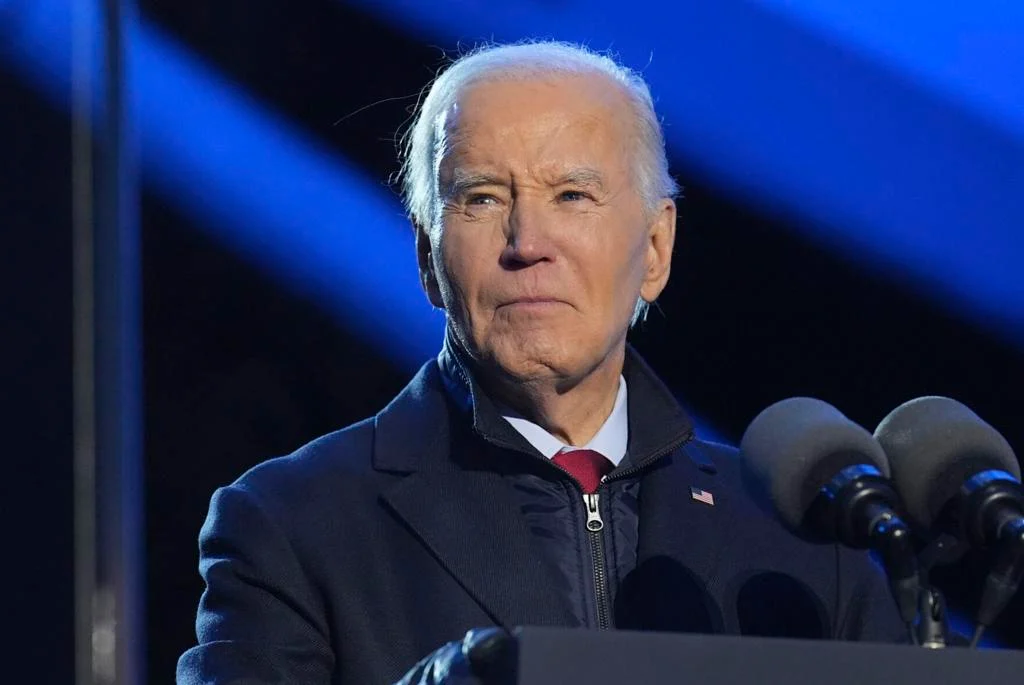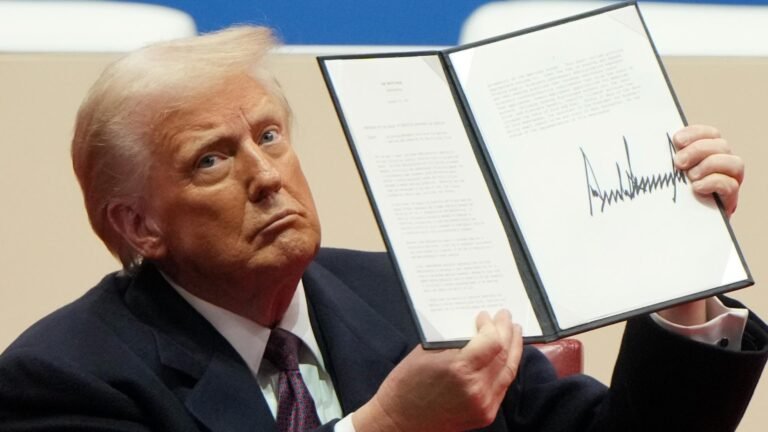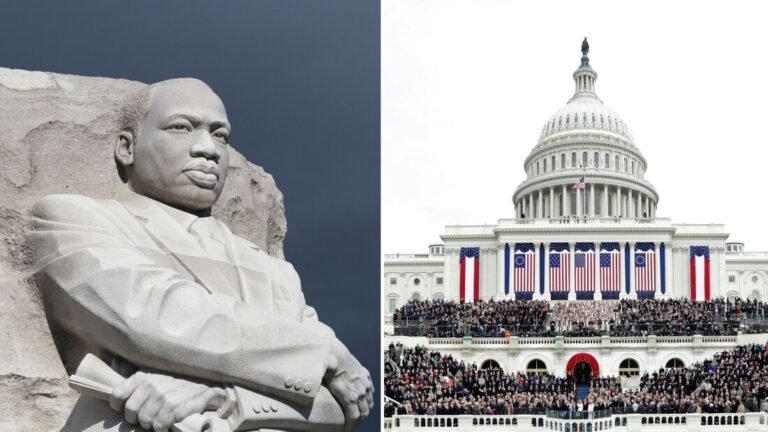
Biden Declares 28th Amendment For Equal Rights Ratified, Legal Future UncertainBiden Declares 28th Amendment For Equal Rights Ratified, Legal Future Uncertain
Washington, D.C. – In a significant yet controversial move, President Joe Biden announced on Friday that the Equal Rights Amendment (ERA), long seen as a cornerstone for enshrining gender equality in the U.S. Constitution, has met the requirements for ratification and is now, in his view, the 28th Amendment. However, Biden stopped short of directing the National Archivist to certify and publish the amendment, leaving its legal status in limbo.
“In keeping with my oath and duty to Constitution and country, I affirm what I believe and what three-fourths of the states have ratified: The 28th Amendment is the law of the land, guaranteeing all Americans equal rights and protections under the law regardless of their sex,” Biden stated.
A Century-Long Battle For Equal Rights Amendment
The Equal Rights Amendment, first proposed in 1923 and passed by Congress in 1972, aims to ensure equal rights under the law regardless of sex. Its journey has been fraught with delays, deadlines, and legal challenges. Despite Virginia becoming the 38th state to ratify the amendment in 2020—reaching the required threshold of three-fourths of state legislatures—questions remain about whether the ratification deadline imposed by Congress in 1982 invalidates the process.
Biden’s declaration comes amid heightened debates over gender equality, pay equity, and reproductive rights, particularly following the Supreme Court’s overturning of Roe v. Wade in 2022. Advocates believe Biden’s stance could bolster future legal fights over the ERA’s validity.

Archivist Declines to Act
Despite Biden’s proclamation, Colleen Shogan, the Archivist of the United States, reiterated her previous position that the ERA could not be certified due to expired deadlines and legal opinions issued by the Department of Justice. Her refusal to publish the amendment aligns with conclusions from the Office of Legal Counsel in 2020 and 2022, which stated that the ERA’s ratification period has lapsed and that rescissions by five states further complicate its validity.
“The underlying legal and procedural issues have not changed,” Shogan said in a December statement.
Critics and Supporters Weigh In
The announcement has drawn sharp criticism from legal experts and conservative commentators, who argue that Biden’s move is a symbolic gesture with no constitutional authority. Thomas Jipping, a senior legal fellow at the Heritage Foundation, dismissed the declaration as “cynical and irrelevant,” noting that the president has no formal role in the constitutional amendment process.
However, ERA advocates, including Senator Kirsten Gillibrand (D-NY), lauded Biden’s declaration as a powerful endorsement. Gillibrand argued that Biden’s statement “supersedes the archivist” and positions the ERA as a legitimate addition to the Constitution, urging courts to address the issue.

Legal and Political Implications
The declaration sets the stage for potential court battles to determine whether the ERA amendment is valid and enforceable. While Biden’s announcement lacks immediate legal force, it amplifies public and political discourse around gender equality.
Biden’s stance is also seen as part of a broader effort to cement his legacy in the final days of his administration. Alongside this declaration, Biden has issued executive orders on environmental protections, clemency for nonviolent offenders, and student loan debt relief, many of which could be undone by the incoming administration of President-elect Donald Trump.
As legal challenges loom, Biden and his allies are effectively daring opponents to argue in court against gender equality. Advocates see this as an opportunity to test whether the ERA can serve as a constitutional guarantee against sex discrimination and bolster protections for women’s rights, including reproductive freedom.
For now, the question remains: what is the 28th Amendment, and does it truly exist in the eyes of the law? The coming months are likely to bring significant legal battles that could shape the future of gender equality in the United States.
This historic announcement has reignited the century-old debate over the Equal Rights Amendment, casting a spotlight on the complexities of constitutional law and the evolving fight for equal rights in America.



